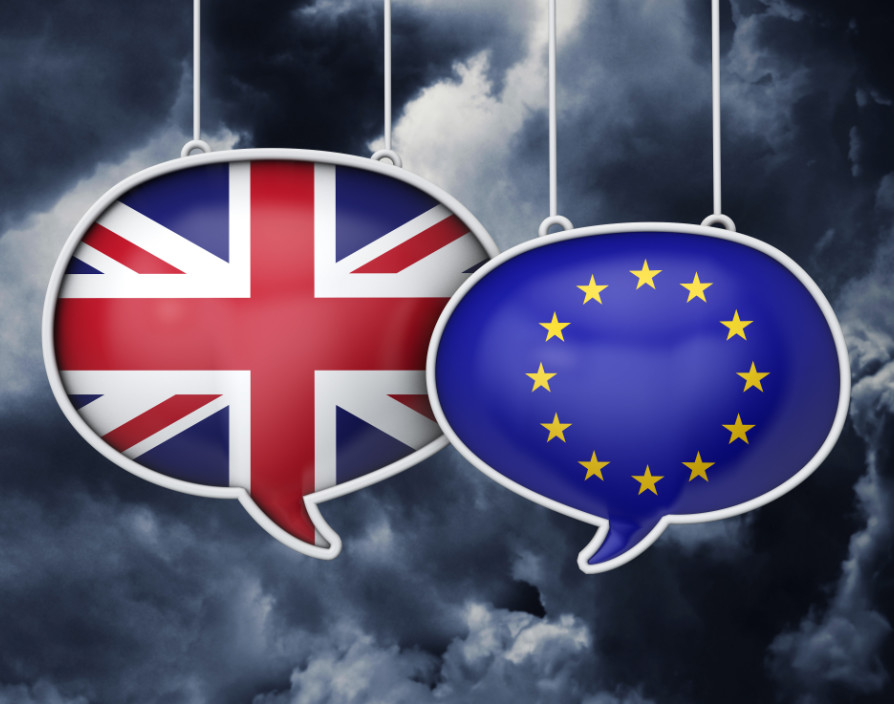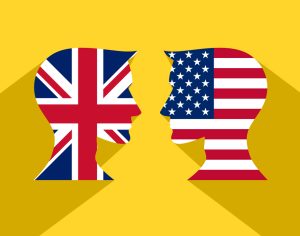Arne Mielken of customsmanager.com offers his expert
advice to companies facing the complex new rules of engagement which will
follow the UK’s forthcoming exit from Europe.
Whatever your business, regardless of sector, departing the European Union will not be seamless.
And this will be the case, irrespective of whether the UK is able to strike a deal with Europe or not.
Recent reports suggest that the likelihood of agreeing a deal before the forthcoming deadline is declining fast.
EU negotiator Michel Barnier claims Britain is running down the clock in Brexit talks, which is a line refuted by the Government.
Whatever the truth, the harsh fact is that difficult times lay ahead for most small businesses and this is regardless of the outcome of these on-going trade talks between the two parties.
Let me walk you through the minefield that is called Brexit and, beware, no one-size fits all.
Big picture
Business leaders who are preparing to trade outside the ‘Single Market’ and the EU’s ‘Customs Union’, need their teams to get to grips with complex new laws and regulations – and quickly.
Whether buying or selling goods globally, there is much to ponder and even if the UK and EU manage to thrash out a deal, change is still inevitable.
Deal or no deal, the UK’s withdrawal from the EU’s set of rules and regulations regarding the internal market and ‘Customs Union’, will inevitably create barriers to goods and services moving between the two jurisdictions.
Businesses need to prepare for sweeping changes, which will impact greatly and especially if our economy continues to slowdown.
Leaders know they cannot escape these changes and must make sure that their teams, with global trade responsibilities, have both the expertise and ability to understand them.
Remain focused or risk
chaos
The UK has already begun to produce a mind-boggling number of new customs and global trade regulations and rules.
The EU Commission in Brussels has also been very active. They are reviewing – and where necessary updating – the many so-called ‘preparedness notices’ that have been published over the last few years.
And the bad news is that I am hard-pressed to find a single business area, industry, or sector, not affected in some shape or form by these planned changes.
With only six months to go, it now seems utterly impossible to prepare for all these changes by 1 January 2021. With deadline day fast upon us, business leaders need to now begin focusing their minds on what really matters.
Let’s take a practical example to hammer down the point:
Currently, many UK businesses trade only with the EU and prefer to use ‘EXW’ Incoterm 2020® in their contracts. This makes conducting business relatively easy for them today.
The buyer comes and collects the goods from your warehouse. This means, at present, there is almost no need to consider international trading rules.
However, from 2021, it will be much more difficult for European companies to simply ring your doorbell and remove the goods from your factory unhindered.
Soon, the movement of products between the UK and EU will be treated as exports or imports, and will be subject to global trade rules.
As a result, UK companies may be asked to provide information about product classification, valuation, and origin. What’s more, businesses may be solicited to provide trade documentation regarding import or export licences, and collect trade documents and evidence of export.
In short, you will need to care much more about the movement of your goods – such as the what, how, when and where.
You see now that trading with the EU as a third country means committing to global trade compliance.
Enterprises which fail to achieve this will have it forced upon them from 1 January 2021.
Focus your attentions
on Customs, Trade Agreements and Export Controls
Global Trade rules apply to all businesses trading outside of their own borders. They are not optional but mandatory.
And there are at least three areas of global trade rules which I suggest require special attention for UK business leaders:
1: Customs Laws regulate the inflow and outflow of goods, to and from a country. Every time this takes place an entry fee – or customs duty – is collected. Thus, a customs officer is a country’s ‘gatekeeper.’ These men and women are employed to prevent dangerous, illegal and hazardous products from ever reaching the population. Customs’ processes and procedures frequently change, so businesses must stay up to date.
2: Trade Agreements represent a significant opportunity to reduce customs duty, potentially to zero. They can be a lifeline for businesses, allowing them to reduce product cost by cutting or eliminating customs duty. Following developments in this area is essential to minimise the payment of such duty.
3: Export controls. Exports help the UK economy to grow. They help businesses to diversify income sources and increase revenues. Export Controls must form an essential part of your monitoring efforts. However, acquiring this legal knowledge does not come cheap. Laws are complex and can vary from product-to-product, country-to-country, as well as being user-specific. Some export controls of other countries even apply to certain UK exports. As they say, the devil is in the detail.
Conclusion
When the UK is no longer governed by the rules of the ‘Single Market’ and ‘Customs Union’, we will start to trade with the EU in the same way as we trade with the rest of the world.
Companies, which only buy or sell goods within the EU, must ensure that their business objectives and strategies are compliant with global trade rules.
Businesses must remain up to date with these rules, and be ready to provide their staff with training opportunities when required, while having access to a network of specialists who will supply on-going support – when the questions become even more complicated!!
Companies may wish to consider focusing their legislative monitoring and training efforts around the themes of customs, trade agreements and export controls.
With clear business goals, while having the correct strategy and a sharp focus, UK businesses can prepare to hit the global trade playground running from the beginning of next year.
Share via:








































